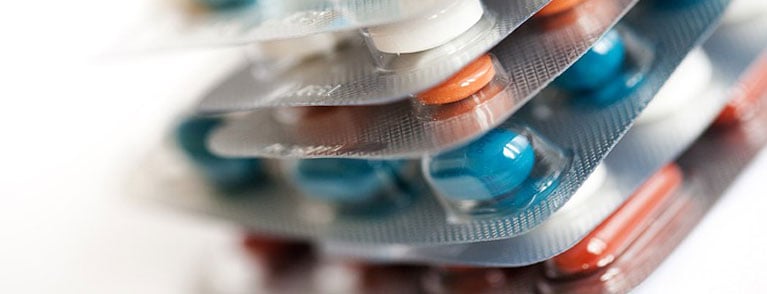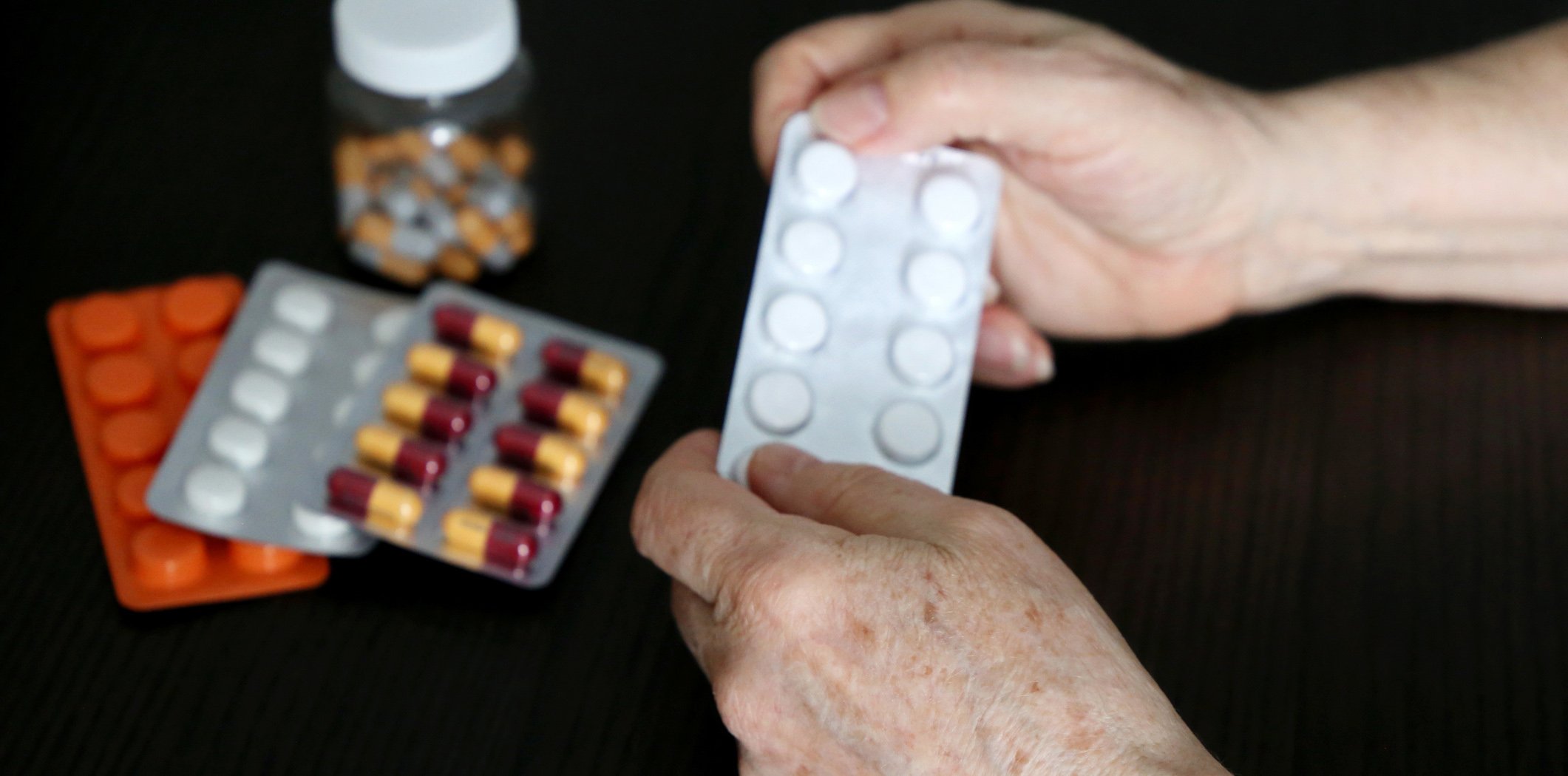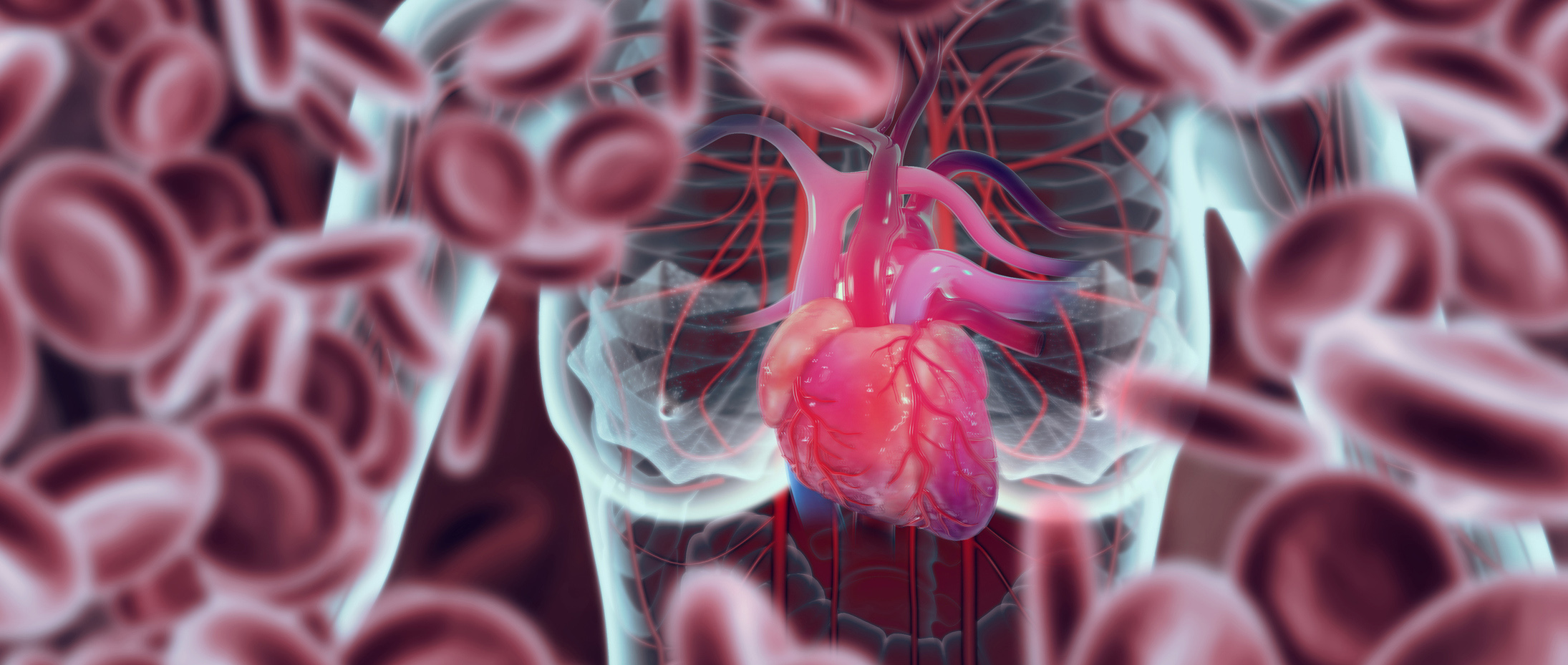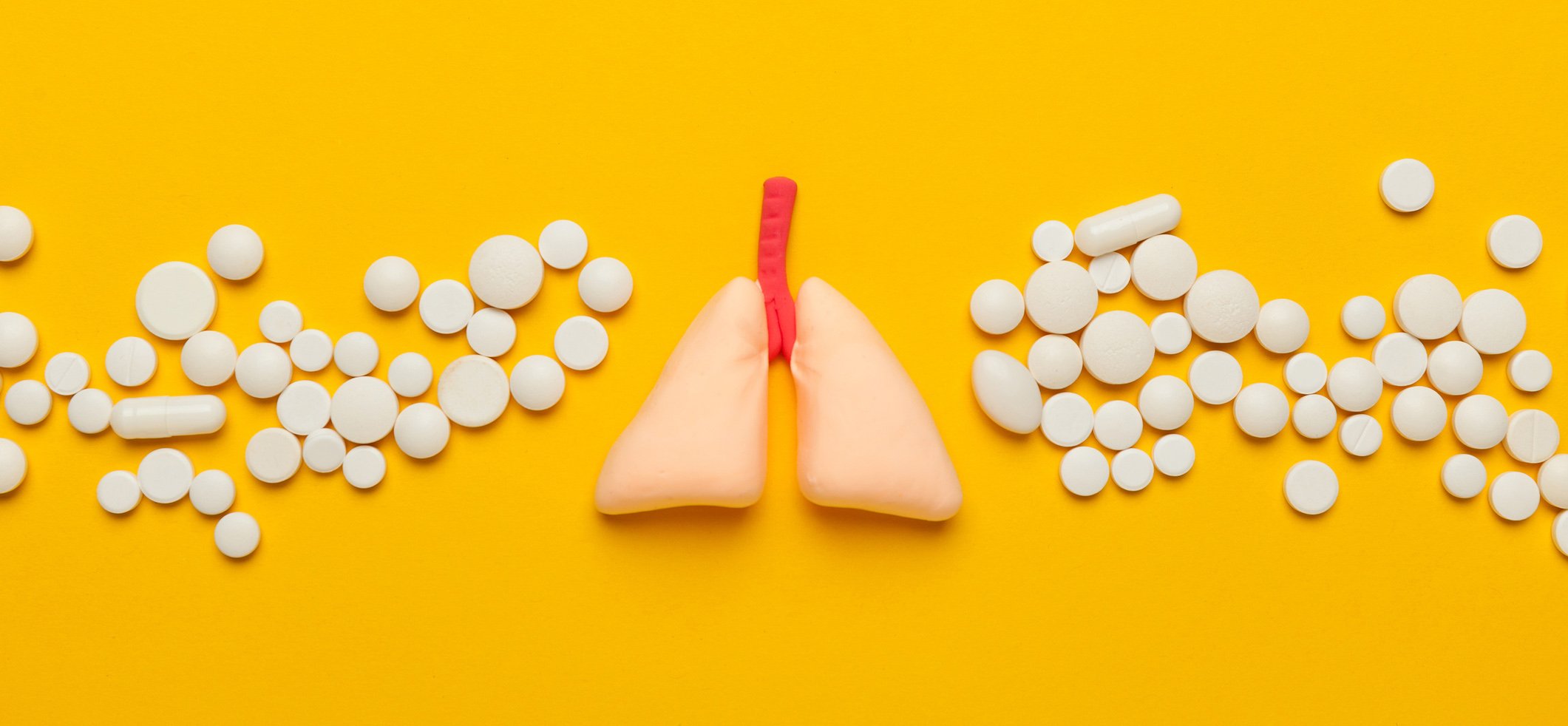Recently, there was a report in a medical journal about doping in the workplace. When working people (or students, artists, politicians) take substances in the hope of improving their performance, this can be criticized, but only in very few cases is it a punishable offense. In sports, on the other hand, similar behavior, if detected by controls, is sanctioned. Doping is thus really a sport-specific matter, unfortunately a rather negative one. What do you need to know about the subject?
Since it often involves drugs, there seems to be at least some connection to medicine and doctors, and it may be argued that every medical professional must know something about this vexed subject.
Imagine a talented athlete whom you treat as a family physician from time to time, who belongs to a national selection and is thus instructed to comply with the anti-doping rules. Not only must he disclose his “round-the-clock” availability (“whereabouts”) to the sporting authorities, he must also submit to doping tests, which may take place both out-of-competition and after a competition.
But let’s further assume that this great athletic talent has reached his level despite a serious illness, say for example a diabetes, or a chronic intestinal inflammation (e.g. Crohn’s disease). For the treatment of this chronic condition, he regularly needs medication and these may be on the list of banned substances of sports organizations (determined annually by the World Anti-Doping Agency [WADA] and adopted directly by most other organizations), which in the two examples adopted applies to both insulin and cortisone tablets.
What to do in case of illness?
Sensibly, however, these regulations have provided for such situations. The athlete may submit a request with complete medical documentation to an appropriate commission, depending on the level of performance at the national or international level. This request, (ATZ, i.e. an exceptional permit for therapeutic purposes) will be examined and, in the case of the examples mentioned, certainly approved. In this way, nothing would happen to the athlete if he gives a positive analytical result during a doping control, because he can show this official authorization. The family doctor could be the appropriate man to fill out this request in a wide variety of cases.
When is a permit issued?
An ATZ will only be approved in accordance with the following criteria:
- An application for an ATZ must be at least 21 days before the ATZ is required.
- The Prohibited Substance or Prohibited Method is absolutely necessary for the treatment and there is no reasonable therapeutic alternative to it.
- The requested therapy will not result in any additional increase in benefits, other than a return to the state of normal health expected after treatment for a medically determined illness.
- The requested use shall not be considered as therapy to increase levels of any endogenous hormones that are naturally lower.
- The requested therapy must not serve to remedy health consequences from previous use of doping substances.
- An ATZ may be submitted after the fact for emergency treatment.
It is the athlete’s duty to fully produce this document with their attending physician. The official forms can be found on the Internet and they are clear. They are either those of the national sports organizations or, in the case of top athletes, those of the international sports organizations. The physician can effortlessly download it online, fill out the form and print it out. Forwarding to the doping authority is the responsibility of the athlete. Thanks to guidelines (recommendations written by experts), it is clear which documents the athlete must hand in in order for the case to be handled smoothly. It is worth mentioning that the athlete is not allowed to take the required medication before the written decision of the authorities. As a rule, the ATZ Commission decides on the application in writing within 30 days.
Examination of the applications
All of these applications submitted around the world are sent to WADA’s medical department, where they are checked for validity. In this way, it is ensured that all athletes of whatever origin are treated equally, despite different medical cultures. This harmonization is ultimately one of WADA’s main goals.
It may happen that WADA, at the request of the investigator, revokes a decision of the previous level. In such a situation, the patient may no longer take the medication without risk of a positive doping test. However, he will of course be informed and he can, if this is the case, improve the indicated deficiencies of the application in order to still get his right to be allowed to take the necessary medication.
Thousands of such ATZs are issued worldwide. This shows how important this procedure is. It would simply be unethical to prohibit participation in sports activities for health reasons. Just as it would be unethical, however, to leave sham patients unmonitored.
The effort of this ATZ action is quite big for anti-doping organizations, but this effort is a condition for clean conditions in sport competition.
HAUSARZT PRAXIS 2014; 9(5): 10












